In today’s fast-paced world, burnout has become an all too common affliction, affecting people in various aspects of their lives. The demands of work, personal responsibilities, and societal pressures often push us to the brink of exhaustion. However, by actively managing our energy and well-being, we can take proactive steps to prevent burnout and lead a healthier, more balanced life. In this blog, we will explore seven essential strategies to help you manage your energy effectively and avoid burnout.
- Knowing Yourself Well
The foundation of effective energy management begins with self-awareness. Understanding your strengths, weaknesses, values, and personal boundaries is vital in preventing burnout. Take time to reflect on your goals, motivations, and what truly matters to you. Knowing yourself well allows you to align your actions with your values and make decisions that prioritize your well-being. It also helps you set realistic expectations for yourself and others.
- Understanding Your Body Signals
Our bodies are excellent communicators, and paying attention to the signals they send is crucial in managing energy effectively. Two of the most critical signals are overwhelm and tiredness.
Overwhelm: Overwhelm often stems from excessive stress, overcommitment, or a lack of boundaries. When you start feeling overwhelmed, it’s a clear sign that you need to step back and reassess your priorities. Learn to say no when necessary, delegate tasks, and set reasonable limits to prevent becoming overwhelmed.
Tiredness: Physical and mental fatigue is your body’s way of telling you to rest. Ignoring these signals can lead to burnout. Make sleep a priority and listen to your body’s needs. Ensure you get enough rest to recharge your energy reserves.
- Knowing the Sequence of Events
Recognizing the sequence of events that lead to burnout is crucial for prevention. It typically starts with stress, which can snowball into overwhelm, fatigue, and eventually burnout if not addressed. Identifying where you are in this sequence allows you to intervene early and take necessary actions.
Stress Management: Practice stress-reduction techniques such as mindfulness, meditation, or deep breathing to manage stress effectively. Regularly evaluate your stress levels and take steps to reduce them when necessary.
Managing Overwhelm: When you start feeling overwhelmed, revisit your priorities and commitments. Delegate tasks, set boundaries, and learn to say no when needed.
Rest and Recovery: Prioritize sleep and relaxation to prevent fatigue from taking hold. Adequate rest is essential for maintaining your physical and mental well-being.
- Taking Regular Rest
Rest is not a luxury but a necessity for maintaining your energy levels and preventing burnout. Here are some key aspects of taking regular rest:
Sleep: Prioritize quality sleep by maintaining a consistent sleep schedule. Aim for 7-9 hours of sleep per night to allow your body to recover and rejuvenate.
Scheduled Breaks: Incorporate short breaks throughout your workday to recharge. These can be as simple as taking a 5-minute walk, stretching, or practicing deep breathing exercises.
Vacations: Plan regular vacations or time off to detach from your daily routine and recharge. Unplugging from work and enjoying leisure activities can significantly reduce stress and prevent burnout.
- Including Joy, Laughter, and Connection
Happiness and connection are powerful antidotes to burnout. Here’s how you can incorporate them into your life:
Find Joy: Engage in activities that bring you joy and fulfillment. Whether it’s a hobby, spending time with loved ones, or pursuing a passion, find moments of joy in your daily life.
Laughter: Laughter is a natural stress reliever. Make time for humor in your life, whether through watching a comedy, sharing jokes with friends, or engaging in activities that make you laugh.
Connection: Cultivate meaningful connections with friends and family. Social support is crucial for maintaining emotional well-being and resilience.
- Making Lifestyle Changes
Making lifestyle changes may be necessary to manage your energy effectively and prevent burnout. Here are some key adjustments to consider:
Work-Life Balance: Strive for a healthy work-life balance. Set clear boundaries between work and personal life, and avoid overextending yourself in either area.
Diet and Exercise: Maintain a balanced diet and incorporate regular exercise into your routine. These habits contribute to your physical well-being and energy levels.
Time Management: Improve your time management skills by prioritizing tasks, setting goals, and avoiding procrastination. Efficient time management reduces stress and helps prevent burnout.
Other Strategies
Beyond the above-mentioned strategies, there are several additional tactics you can employ to manage your energy and prevent burnout:
- Mindfulness and Meditation: Practicing mindfulness and meditation can help you stay present, reduce stress, and improve your emotional resilience.
- Seeking Professional Help: If you find yourself on the verge of burnout or dealing with chronic stress, don’t hesitate to seek support from a therapist or counselor.
- Self-Care Rituals: Develop self-care routines that include activities like reading, taking baths, or engaging in creative pursuits. These rituals can be a source of relaxation and rejuvenation.
- Set Clear Goals: Establish clear and achievable goals in your personal and professional life. Knowing what you’re working toward can provide motivation and a sense of purpose.
- Learn to Say No: It’s okay to decline additional commitments when your plate is already full. Saying no is a powerful way to protect your time and energy.
Conclusion
Preventing burnout and managing your energy effectively is an ongoing process that requires self-awareness, attention to body signals, and consistent effort. By understanding the sequence of events that lead to burnout and implementing strategies like taking regular rest, finding joy, making lifestyle changes, and incorporating additional tactics, you can protect your well-being and lead a more balanced, fulfilling life. Remember that managing your energy is not selfish; it’s an essential step in ensuring that you can continue to contribute your best to your work and personal life while also safeguarding your own health and happiness.


